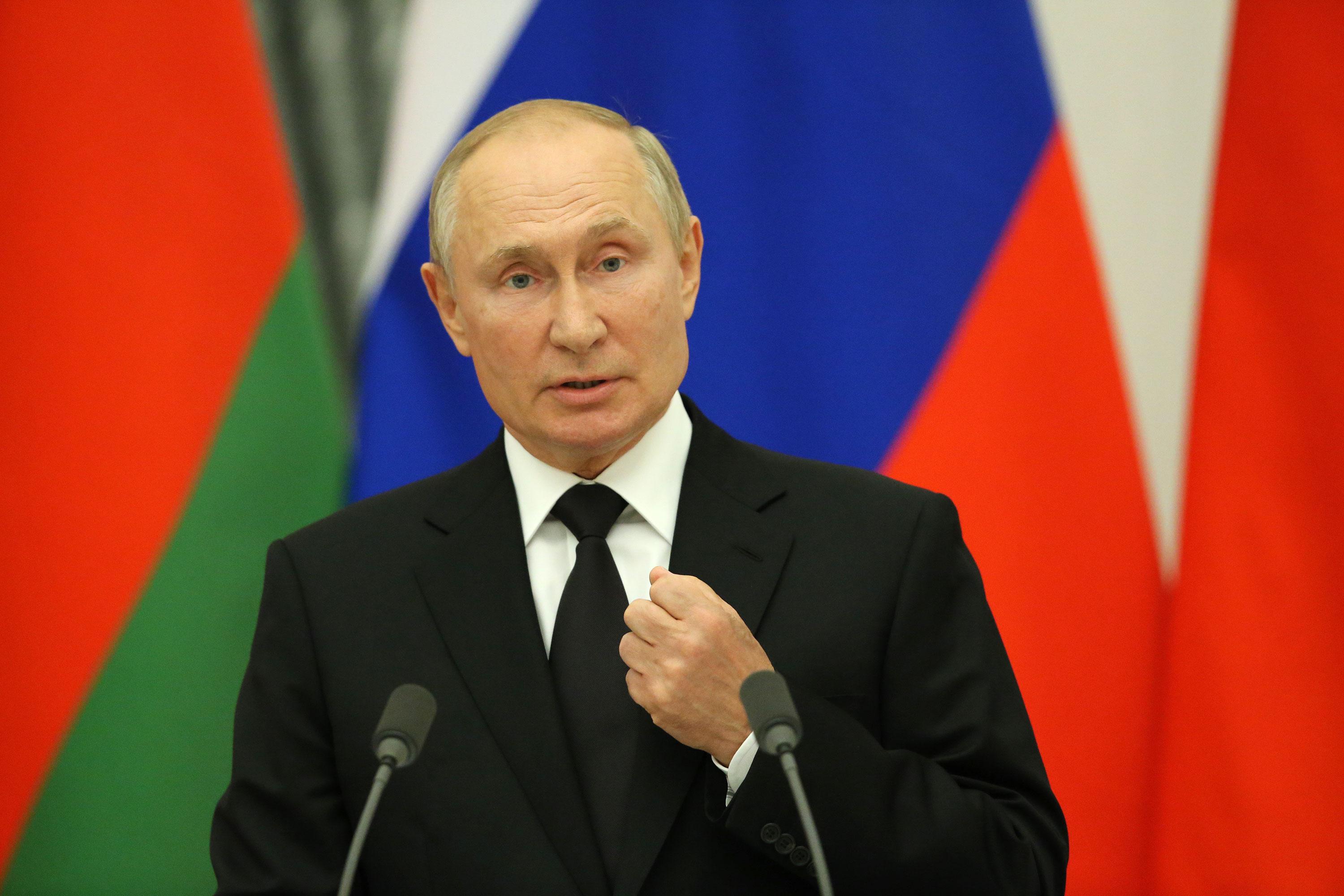Overview of the Scandal Involving Danish MP Jesper Langballe

The Danish justice system faced scrutiny when MP Jesper Langballe was convicted of hate speech, a decision which sparked widespread criticism and debate on the balance between free speech and protection against derogatory statements. Langballe's confession in court not only highlighted the legal challenges but also raised questions about the laws governing speech in Denmark.
Langballe's Controversial Admission
Initially hoping to defend his case in court, Danish MP Jesper Langballe conceded to a confession after realizing the legal odds were against him. His statement, meant to tackle issues of honor killings within certain Muslim communities, was met with legal pushback that prevented him from submitting evidence to support his claims. This unveiled a glaring issue within the Danish legal system, where ruling under Article 266b denies defendants the right to prove their case, focusing solely on whether the statements made were offensive.
The Impact of Article 266b on Free Speech

Article 266b's emphasis on feelings of offense rather than the truth-value of statements led to a fine line between censorship and the right to free speech. Langballe's experience under this article raised questions about the extent to which laws should protect individuals from offensive speech without infringing upon the freedom of expression—a core value in many democratic societies.
Langballe's "Confession" and Its Implications
In a court confession that struck a chord with advocates for free speech, Jesper Langballe criticized the Danish court's inability or unwillingness to consider the factual basis behind his comments. His forced admission served as a beacon for those concerned about the implications of legal systems that prioritize subjective offense over objective truth.
The Ripple Effect: Danish Society and Beyond

As Langballe faced both a criminal trial and a looming libel suit, the events resounded beyond Danish borders, inviting international commentary and concern over the state of freedom of expression. The case became emblematic of a broader conversation about how nations grapple with controversial speech and the measures they take to reconcile societal values with individual rights.
Reflections on Free Press and the Role of Journalism
The trial showcased the significant role of journalism in a free society. The press operates not only as a government watchdog but also as a cultural barometer reflecting societal tensions. Even amid controversy, the necessity of a vigilant and free press remains critical in informing public debate and safeguarding democratic principles.
A Global Perspective: Free Speech and Travel
Incidents like the Danish justice scandal have a global echo, affecting how travelers perceive and engage with the countries they visit. Awareness of the cultural and legal landscape surrounding free speech in destinations like Denmark can deeply influence the experiences and discussions tourists partake in, highlighting the intricate connection between travel and the burgeoning discourse on international rights and freedoms.